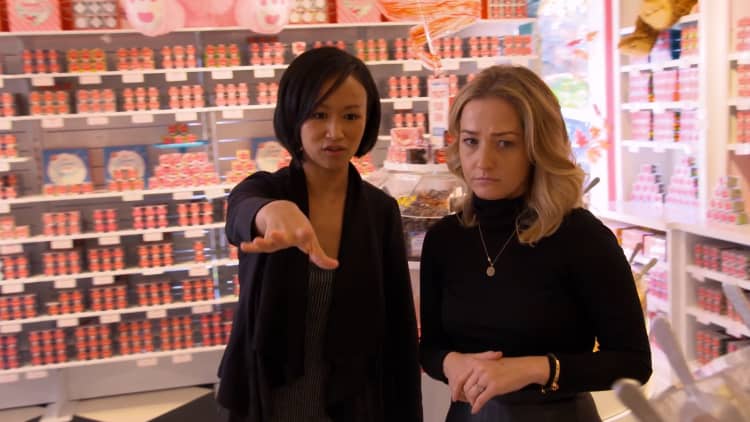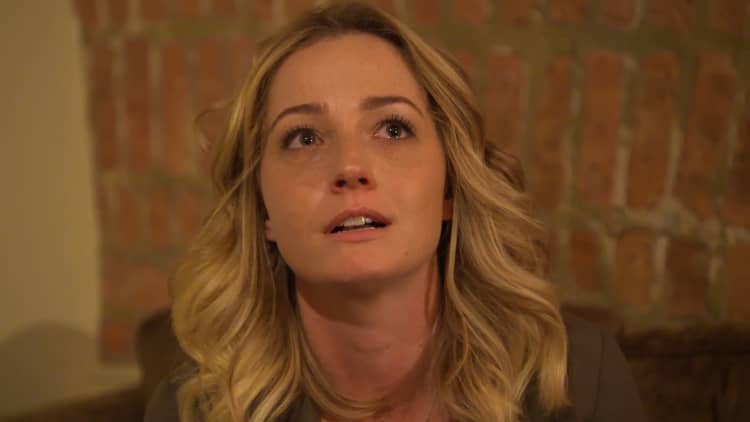Even the greatest leaders have weaknesses.
The final two candidates vying for the job of becoming Marcus Lemonis' right-hand woman on CNBC's "The Partner" are no different. This week, each must find a way to turn their shortcomings into advantages.
Juli Reed has excelled at forming connections with Lemonis and the founders of the companies in which he invests, but she's struggled when faced with financial statements and data-based decisions. She lacks technical training, and notes that she's had to study for challenges that require a wealth of knowledge.
Tasked with determining whether to invest in a natural foods restaurant on Lemonis' behalf, Reed is overcome by emotion while trying to evaluate the company's financial situation. But though she's briefly derailed by what she sees as her deficiencies, she collects herself, notes that the focus needs to be on the business and not on her, and calmly returns to reviewing the business.
"That's a good example of a leader acknowledging what he or she is good at and what they're not," says Lemonis. "It's easy to teach somebody the technical side of things like financial statements, balance sheets, cash flow, but you can't teach people humility and their ability to recognize what they need to work on."
Peilin Pratt, on the other hand, has a Harvard MBA, but sometimes struggles to bring warmth to her engagements with business owners. Presented with the opportunity to invest in a woodworking business, she, too, is overwhelmed by emotion.
You can't teach people humility.Marcus Lemonisentrepreneur and investor
Unlike Reed, it's not the numbers that bring tears to Pratt's eyes, but the gravity of determining the future of someone's business. Ultimately, she is able to channel her emotion into creating an investment strategy that will allow the struggling business to grow by playing on its existing strengths, including a unique product and market opportunities.
"She put a sensible investment plan together," says Lemonis, "but most importantly, she sees the heart and soul of these people and sees that to be more important than the numbers."
Lemonis takes particular notice of Pratt's refusal to rely solely on her business background to power her success, but rather, to understand the investment as a creative challenge as well.
"You left the mechanics behind. It wasn't about the rules and the contract. It was about the possibilities."
Watch CNBC's "The Partner" Tuesday at 10 PM Eastern.
Video by Brandon Ancil





